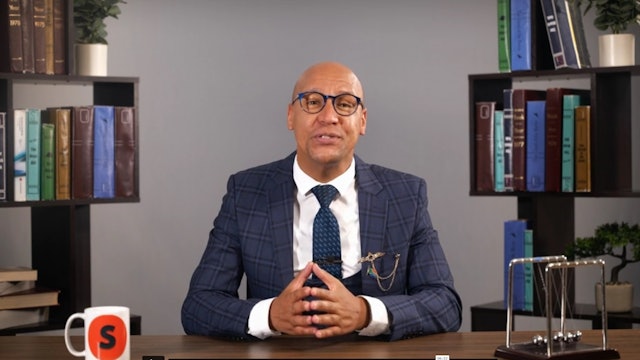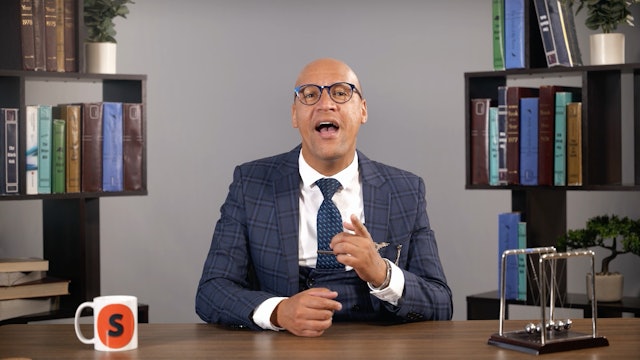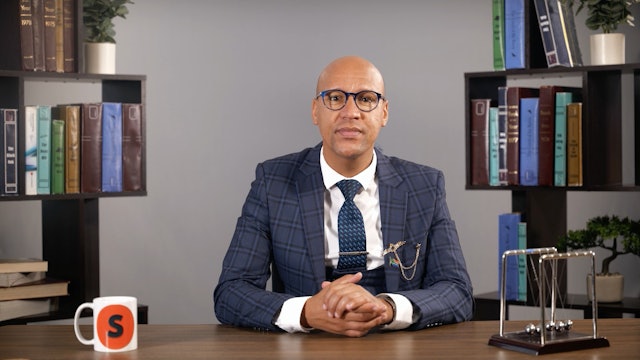Grade 8 EMS
4 Seasons
EMS is about various governmental, economic, and business-related topics. The year begins with a revision of topics from grade 7 such as traditional societies, bartering, types of money, and banking. We then dive into the roles and levels of government and government expenditure, tax, accounting, as well as the impact of development on the environment, unemployment, and productive use of resources.
Students are provided with a foundational understanding of how to maximise profits through the effective management of resources. The ways in which private, public or collective resources are used to meet people’s needs and wants and how they can be exploited, are also critically reflected on. Expand your financial literacy, entrepreneurial skills, personal development, and development of the community through core business and governmental management principles.
-
Entrepreneurship and the factors of production
Episode 1
Entrepreneurs are job makers that take a financial risk to create employment for themselves and others. This lesson looks at the characteristics, distinctive qualities and skills of successful entrepreneurs and concludes with factors of production.
-
Entrepreneurship / Fair Employment Practices
Episode 2
The government established the Basic Conditions of Employment Act 1997 to regulate fair employment practices including that the employees of a business have the right to be paid for their labor, the right to be treated fairly and the right to work in a safe environment.
-
 06:09Episode 3
06:09Episode 3Forms of ownership - Companies
Episode 3
We look at public and private companies and their differences. This lesson looks at all the advantages and disadvantages companies have.
-
The Economy & Markets [Factor market. Labor and Financial Market]
Episode 4
This lesson looks at the definitions for factor market, labour market and financial market.
-
 06:53Episode 5
06:53Episode 5Forms of ownership - sole trader
Episode 5
Ownership of a business is one of the first decisions an entrepreneur has to make. They have to decide if it will be shared or solely owned. In this lesson we look at the advantages and disadvantages of soles traders who own a business on their own.
-
 05:53Episode 6
05:53Episode 6ACCOUNTING CYCLE & ACCOUNTING EQUATION
Episode 6
Gain all the in-depth knowledge of the steps of the accounting cycle which include transactions. source documents, journals, general ledger, trial balance and financial statements.
-
 05:03Episode 7
05:03Episode 7Cash journals
Episode 7
We are tackling your understanding of the cash journals of a service business. Cash journals are necessary so we can accurately record information that we see on the cash documents into the records of the business.
-
Entering the cash transactions in the CRJ and closing the CRJ
Episode 8
Cash Receipts Journals summaries all business receipts and cash slips issued. We look at the terms that identify whether a transaction needs to be recorded in the CRJ.
-
The effect of CRJ transactions on the accounting equation
Episode 9
Cash receipt journal transactions affect the accounting equation in various ways such as cash that comes in as capital to increase owner's equity and receiving income from rendering services.
-
 06:26Episode 10
06:26Episode 10Consolidation (Mixed Questions)
Episode 10
Prepare for all the exam questions using activities to practise how to encounter them better.





![The Economy & Markets [Factor market. Labor and Financial Market]](https://vhx.imgix.net/spongein1/assets/8370d0b9-62b0-4cde-8001-62768bb03aed-62e85dcb.png?auto=format%2Ccompress&fit=crop&h=360&q=70&w=640)

